April 2, 2022 - With just over a month to go until the innovative Work. Place. Culture. remote work conference in Dubrovnik, TCN continues its look at the list of high-class international speakers who will be sharing their wisdom in the Pearl of the Adriatic. Next up, a real heavyweight in the remote work world, Aaron McEwan from Australia.
For a country where change is traditionally quite slow and bureaucratic, Dubrovnik's digital nomad journey has been nothing short of breathtaking. It is not even two years since we first pitched the concept of digital nomads to a very receptive Dubrovnik Mayor, Mato Frankovic. Work started the next day, followed by Croatia's first-ever digital nomad conference in October 2020, and the award-winning Dubrovnik Nomads-in-Residence program the following April.
And now this. To have speakers of the calibre of Aaron McKewan addressing the latest Dubrovnik remote work conference, Work. Place. Culture. (a collaboration between the City of Dubrovnik, Dubrovnik Tourist Board, Saltwater Nomads, and TCN) is a sign of just how far Dubrovnik has come in its journey and standing.
Aaron certainly knows his stuff. As VP, Research & Advisory for Gartner’s HR Practice for Gartner a $4.1 billion company and member of the S&P 500, he provides strategic advice to some of the biggest companies on the planet about the future of work. Recently named as a Top 100 Global HR Influencer and one of 5 HR Leaders to Follow in 2022, Aaron is clearly a voice worth listening to on the subject of the future of work.
That voice will be addressing Dubrovnik at the WPC conference from May 5-7. Aaron kindly found some time to answer some questions ahead of the conference:
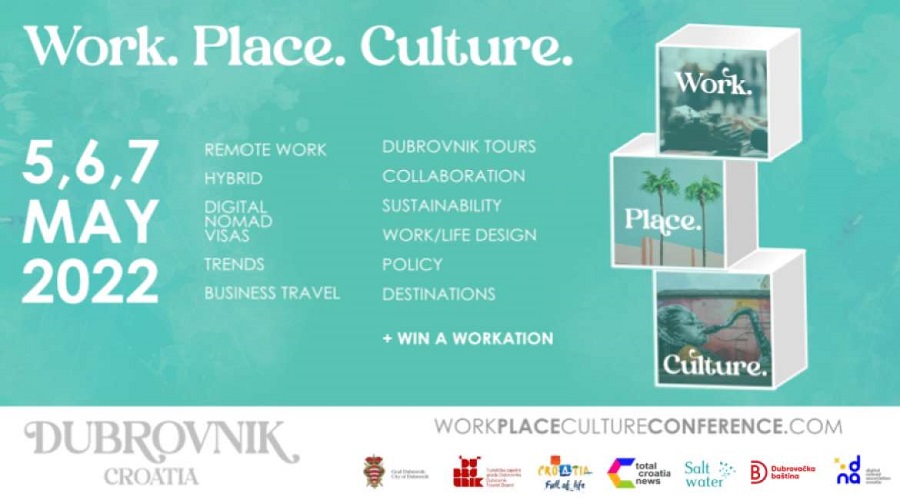
1. With the radical changes to the workplace in the last two years, the relationship between employee and employer is changing. How would you characterise that change, and how do you expect that relationship to develop?
Historically, pandemics have reshaped society, not just work. So I think we are seeing people’s relationship to work changing in very fundamental ways. For example 65% of employees globally told us that the pandemic made them rethink the place that work should have in their life. Employees today don't want to be seen as workers, they want to be seen as human beings. They want much more autonomy over not just where they work, but how they work, who they work with, what they work on.
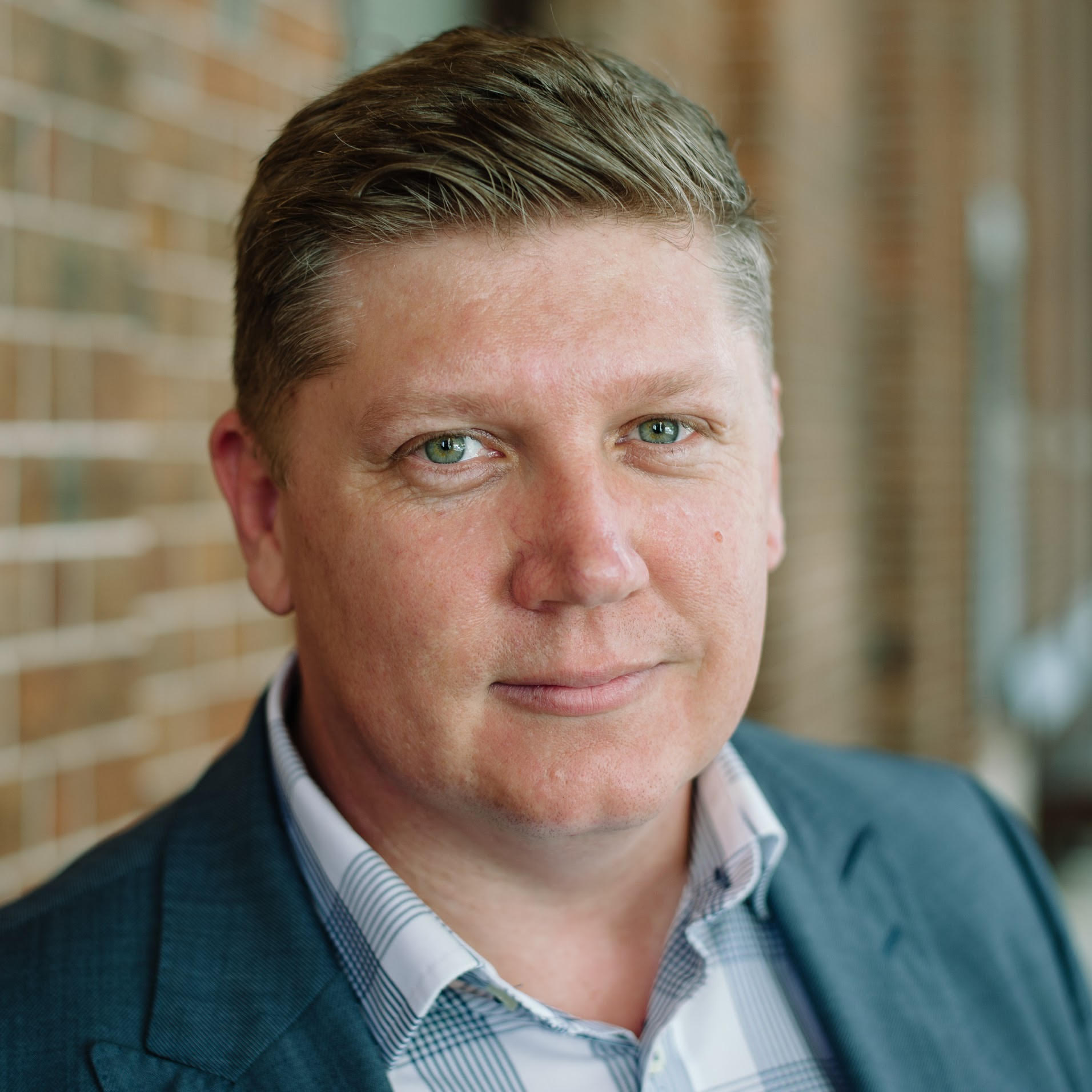
2. We also hear a lot about talent shortage in this new and flexible reality. What strategies are companies employing to successfully entice the best talent to work for them?
The most obvious is what we call radical flexibility, where companies are offering things like round the world plane tickets and encouraging employees to work from wherever suits them. But we are also seeing the rise of compressed work hours like four day weeks, cooking and gardening lessons, child care support, access to personal career and life coaches, opportunities to learn new languages and instruments. The common thread is that it’s about giving employees more flexibility, more autonomy and helping them to be healthier and better people, not just workers.
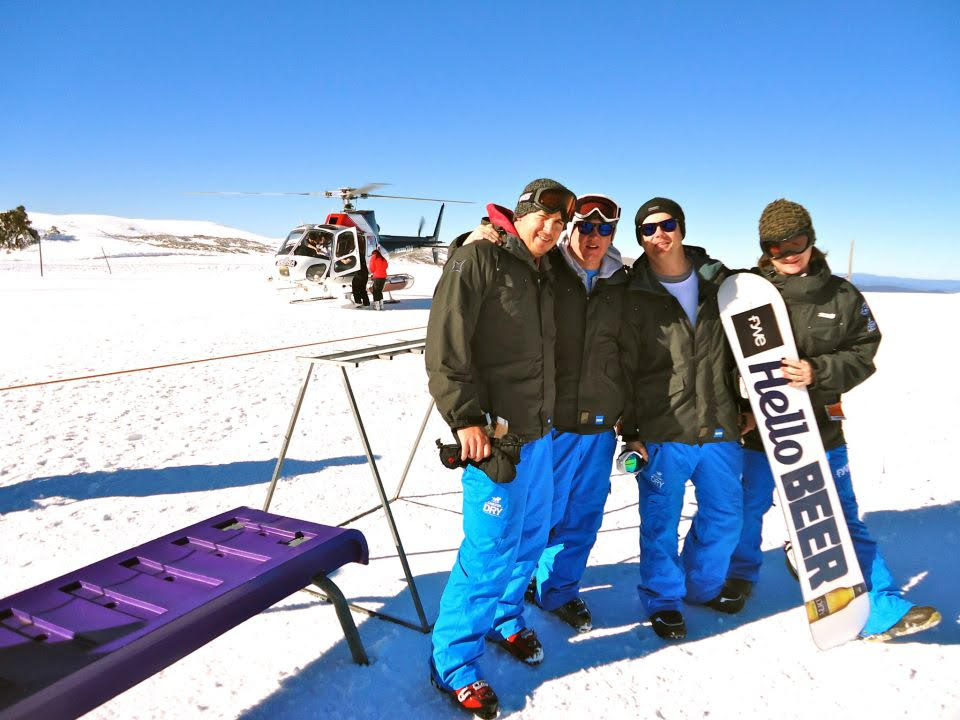
3. As As VP, Research & Advisory for Gartner’s HR Practice and a Top 100 Global HR Influencer and one of 5 HR Leaders to Follow in 2022, you are at the cutting edge of the discussion. How willing are you finding global companies are to completely reinvent their modus operandi to meet the new reality?
Unfortunately it’s still the exception, not the norm. Many executives want a return to the status quo where everyone works out of an office. These leaders simply aren’t grasping the seismic changes that are underway and the incredible opportunity that they have to attract and engage the best and brightest talent in the world. Those companies that push for a return to the old ways of working will find themselves on the wrong side of history and will likely face a “Kodak” moment that threatens their very existence.
4. The freedom of working from anywhere versus the human contact with colleagues in the office. What are the best strategies companies are implementing to balance this?
This is where hybrid approaches are so important. Companies that get this right, match the work that needs to be done to the time and location that best suits that particular task or activity. They encourage collaboration in multiple settings to drive innovation. Some synchronous activities like brain storming, creative problem solving might work better when you bring people together in the office (though virtual collaboration is also very effective and much more time and cost efficient). Bonding and connection might be better done in a more social setting like a bar or restaurant or an engaging natural environment like the beach or forest. Asynchronous tasks that require deep thought, concentration, attention to detail, etc. like writing and designing might be better done alone in a quiet environment like a home office. In fact it turns out that asynchronous work accounts for about 49% of team innovation.
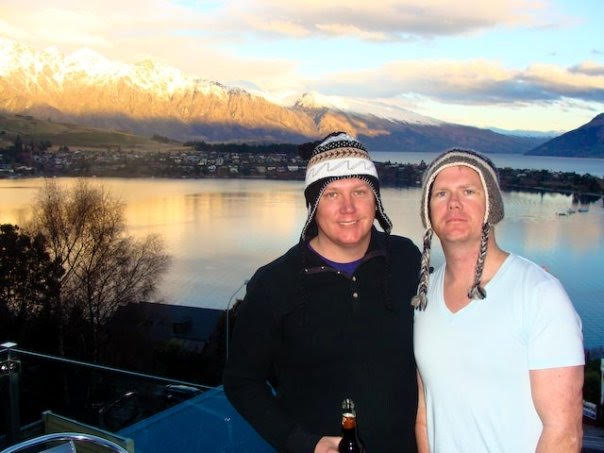
5. Destinations and countries have an opportunity to attract remote workers in this new reality. What innovative concepts are you seeing in this regard? And what could countries such as Croatia do to make it more attractive, in addition to the introduction of the digital nomad permit?
Yes, as the pandemic subsides people’s desire for adventure and travel will continue to rise. As with any product or service, you need to make the product attractive so countries like Croatia have much to offer – history, natural beauty, friendly people, etc. But the real secret to attracting and retaining customers is in personalizing the experience and reducing the effort that the customer needs to put in. A digital nomad passport is a great start because it means you don’t need to deal with immigration or change jobs every three months to meet the conditions of a working holiday visa. But the real opportunity lies in understanding the various personas of those who want to work differently so that you can deliver a personalized experience and remove the barriers to making that experience not just memorable but effortless. For example, what type of experience would a young single woman want to have vs. an older male with a partner and children? What about someone with a disability or mobility issues, neurodiversity? LGBTI? What about someone with lots of disposable income vs. those on a tight budget? Some might want to travel extensively and move around. Others may wish to “live” in a location and immerse themselves like a local. How do you make those different experiences possible? And how do you make the whole thing effortless? Simplify your tax and immigration laws, invest in infrastructure and public transport, provide cheap, high speed internet everywhere, embrace the sharing economy, invest in great schools and centers of learning, facilitate communities that offer advice, support and guidance.
6. There has been a considerable brain drain and emigration from countries such as Croatia in recent years in search of better economic opportunity. Do you sense that the flexibility of the new reality may reverse that trend, and are you seeing any examples of that?
Yes, as the adoption of hybrid and remote work gathers pace, we are seeing people move out of the large cities, particularly those with very high real estate prices, to less expensive and more “livable” coastal and regional locations. So smaller cities that have accessible beaches and reasonable housing costs that also offer decent infrastructure and thriving cultural precincts are becoming increasingly popular places to live whilst working remotely.
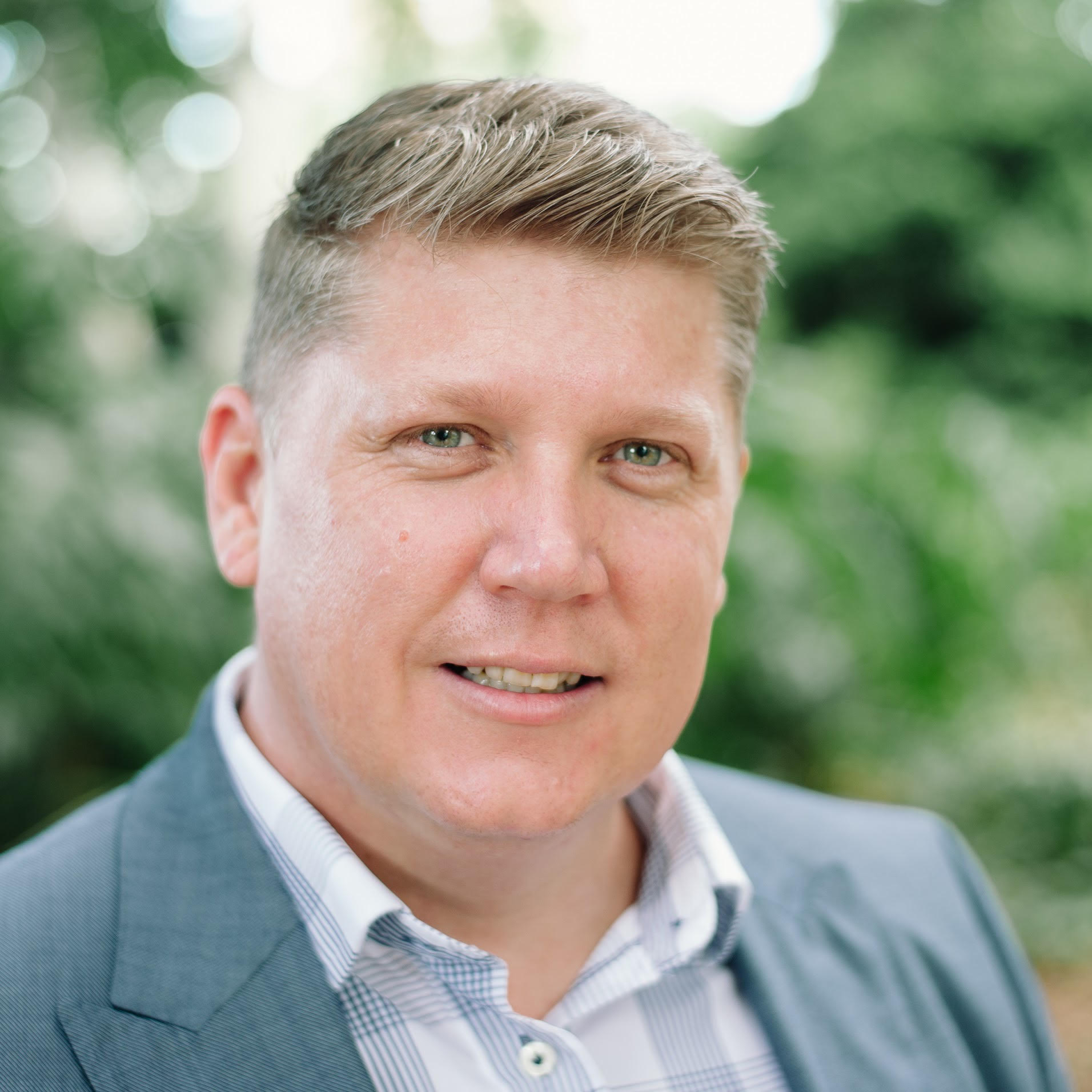
7. Your three best pieces of advice for a company looking to attract the best talent?
Treat employees like humans, embrace radical flexibility and offer meaningful and impactful work that they can be proud of.
8. And so to the Dubrovnik Work. Place. Culture. conference. Why does it appeal to you, what will you be speaking about, and what do you hope to get from your time in Dubrovnik?
Despite having a young family now and permanent roots in Australia, I’m still a digital nomad at heart. I love travel, I love adventure and I love the experience of living in foreign cities. I also cherish any opportunity to humanize work and inspire people to seize control of their own careers.
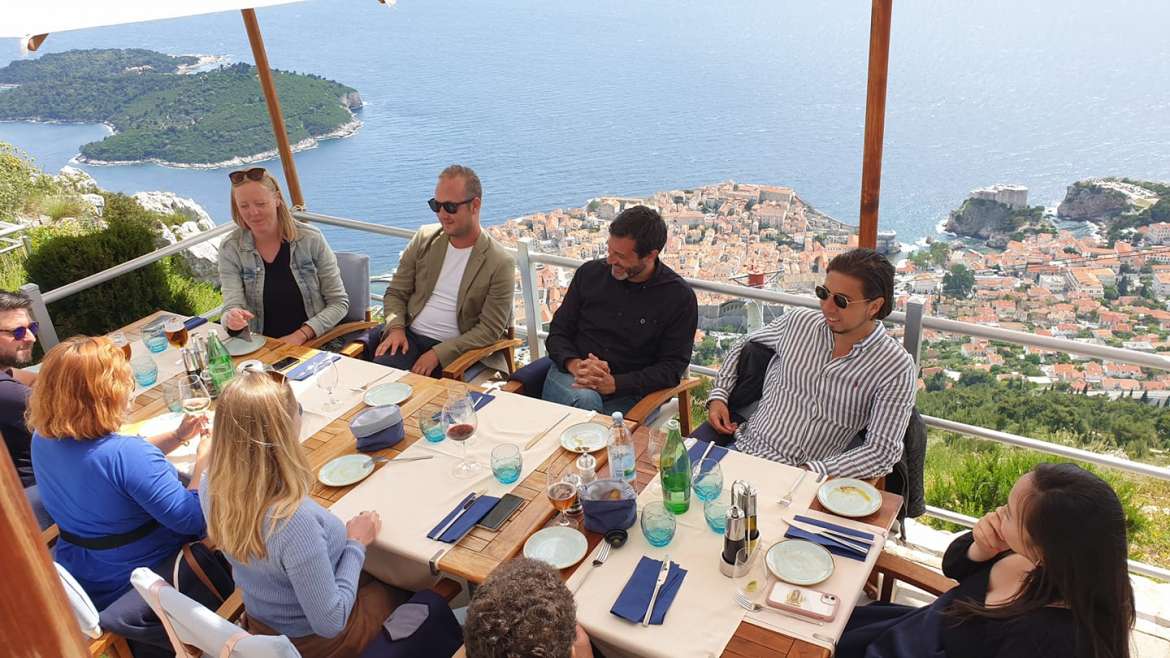
9. You obviously follow global trends in remote work. How do you assess Croatia's efforts so far, and what does it need to do to move things forward?
Croatia was a digital nomad first mover and it’s a gorgeous and great place to work. Future success will be about broadening the current definition of a digital nomad so it appeals to a broader market of adventure and hungry knowledge workers and to make it an effortless place to live and work.
About Aaron McEwan:
Aaron McEwan is a behavioral scientist, psychologist and futurist and was recently named a Top 100 Global HR Influencer and one of 5 HR Leaders to Follow in 2022. As VP, Research & Advisory for Gartner’s HR Practice, Aaron provides strategic advice to the world’s leading companies on the future of work and talent and helps leaders manage their most critical relationships across the c-suite and board. Alongside his current role, Aaron is a Fellow of the Australian Human Resources Institute, serves on the national committee for the Australian Psychological Society’s Interest Group in Coaching Psychology and is an Associate of Macquarie University’s Centre for Workforce Futures. He has lectured at Sydney Business School, University of Wollongong, University of NSW, University of Queensland, Griffith University and the Australian College of Applied Psychology and was a member of Innovation Nation, a cross-industry initiative sponsored by the Office of the Prime Minister to elevate Australia’s reputation for entrepreneurship and innovation.
You can follow Aaron McKewan on LinkedIn.
To learn more about the services of Gartner, visit the official website.
For more information about the Work. Place. Culture. conference in Dubrovnik from May 5-7, check out the event website to reserve your ticket.
For more news and features about digital nomads in Croatia, follow the dedicated TCN section.


